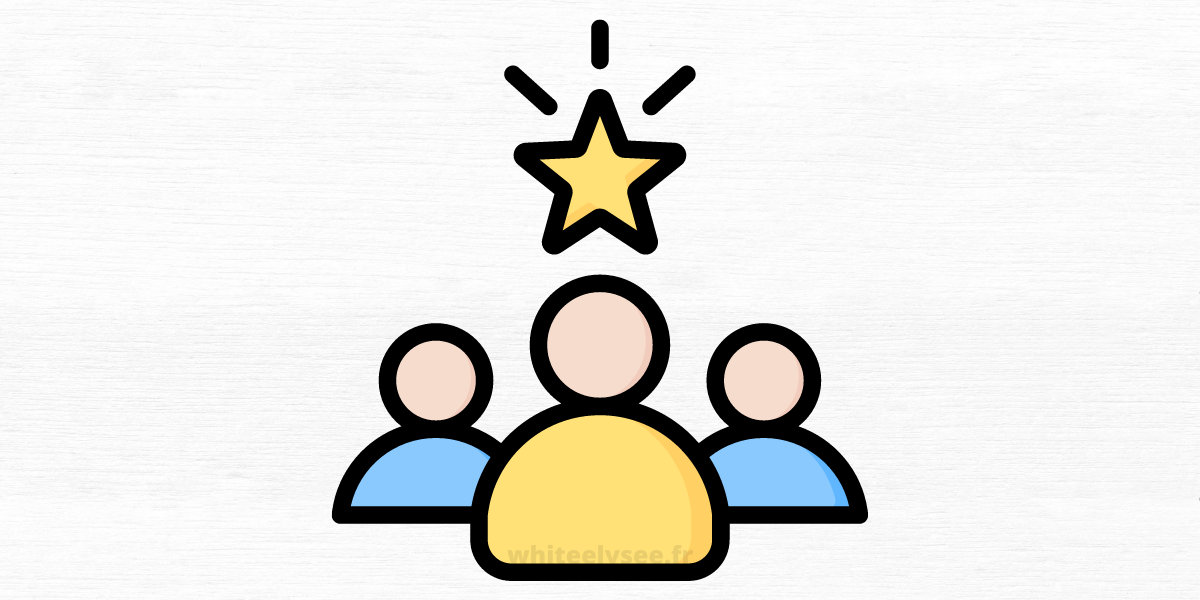
Effective teams achieve remarkable results across all aspects of the sport, business as well as in the community, and volunteer organizations, to name just some. Teams frequently fail to reach their potential because obstacles are in the way of achievement. What are the obstacles, and how can you conquer them?
Barrier 1: Individual agendas
We are all used to taking care of ourselves. You’ve probably been taught or heard someone say that you must focus on the top priority. This means that you should put all your focus on your own agenda, not the agenda of your team.
Solution: When working on the team, concentrate on the individual contribution you bring to the overall team’s performance and place the team’s performance first.
Barrier 2. Silo thinking
In organizations, the achievement of the desired outcome will depend on everyone involved in the procedure working in tandem. Consider a hospital, for instance. The patient must set up an initial appointment to visit a doctor. If the doctor decides the patient requires an operation, they’ll need to join the waitlist and be informed of the date of their operation performed, and undergo the necessary tests prior to the operation. After admission, arrangements have to be made to transport them to the theatre in time. Plans are also to be made for their departure, which includes home care, as well as medications.
Each of these projects will require the participation of different departments. It’s too simple, particularly when the staff is busy and stretched out to slip into isolation thinking. This means that they are able to view issues in isolation and not consider the effect on other components of the process and, most importantly, the client (in this case, the patient).
Solution: Take the time for teams to consider the consequences of their actions or their inaction on other people and especially the customer.
Third Barrier: The lack of trust
The majority of people must trust that other people will be able to deliver in order for them to fully embrace teamwork. Also, they have to be able to trust. Building trust requires time, effort, dedication, and faith. There isn’t a magic formula. However, your actions speak louder than your words.
Solution: Take a vow to keep up with the actions you’ve agreed to carry out and prove that you have the confidence to perform.
Barrier 4: Inconsistency about what will be accomplished
Teams must know what they must accomplish. They need concrete and quantifiable results. Teams are usually made up of vague goals, such as improving retention, reducing mistakes, or cutting down on time to report, to name only a few. The lack of clarity is a certain recipe for disappointment.
Solution: Establish concrete and quantifiable goals for teams to achieve, such as the reduction of the number of sick days by 2% by the end of June.
Fifth Barrier: The absence of conflict
In teams, and especially those in organizations that are doing well, conflict cannot be present. It’s a good thing, and we can sit on our apex and not shake the boat is the mantra. Conflict should not be thought of as negative but rather as a positive method of gaining the best out of everybody.
Solution: encourage discussion and constructive challenges in the interest of achieving the best possible outcomes for everyone.
Teams that are successful will have a significant impact on the results that are attained. So, what obstacles should you address in order to obtain the most effective outcomes from your team?
Duncan Brodie of Goals and Achievements (G&A) collaborates with teams, individuals, and companies to build their leadership and management capabilities.
With over 25 years of experience in business across various sectors and industries, he has first-hand experience of the issues of managing and leading in the highly competitive world of business.





